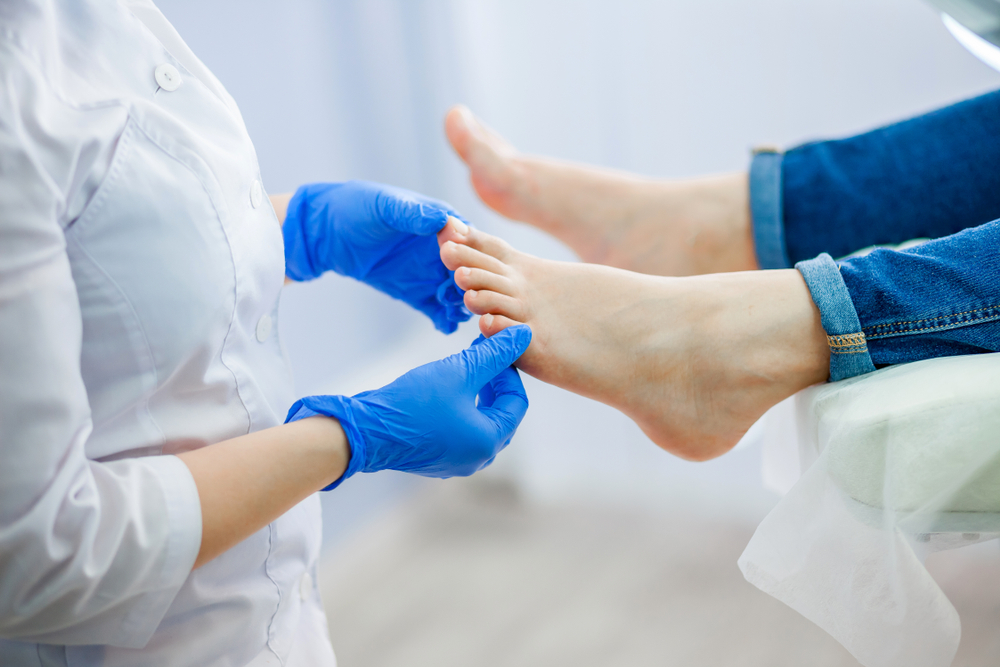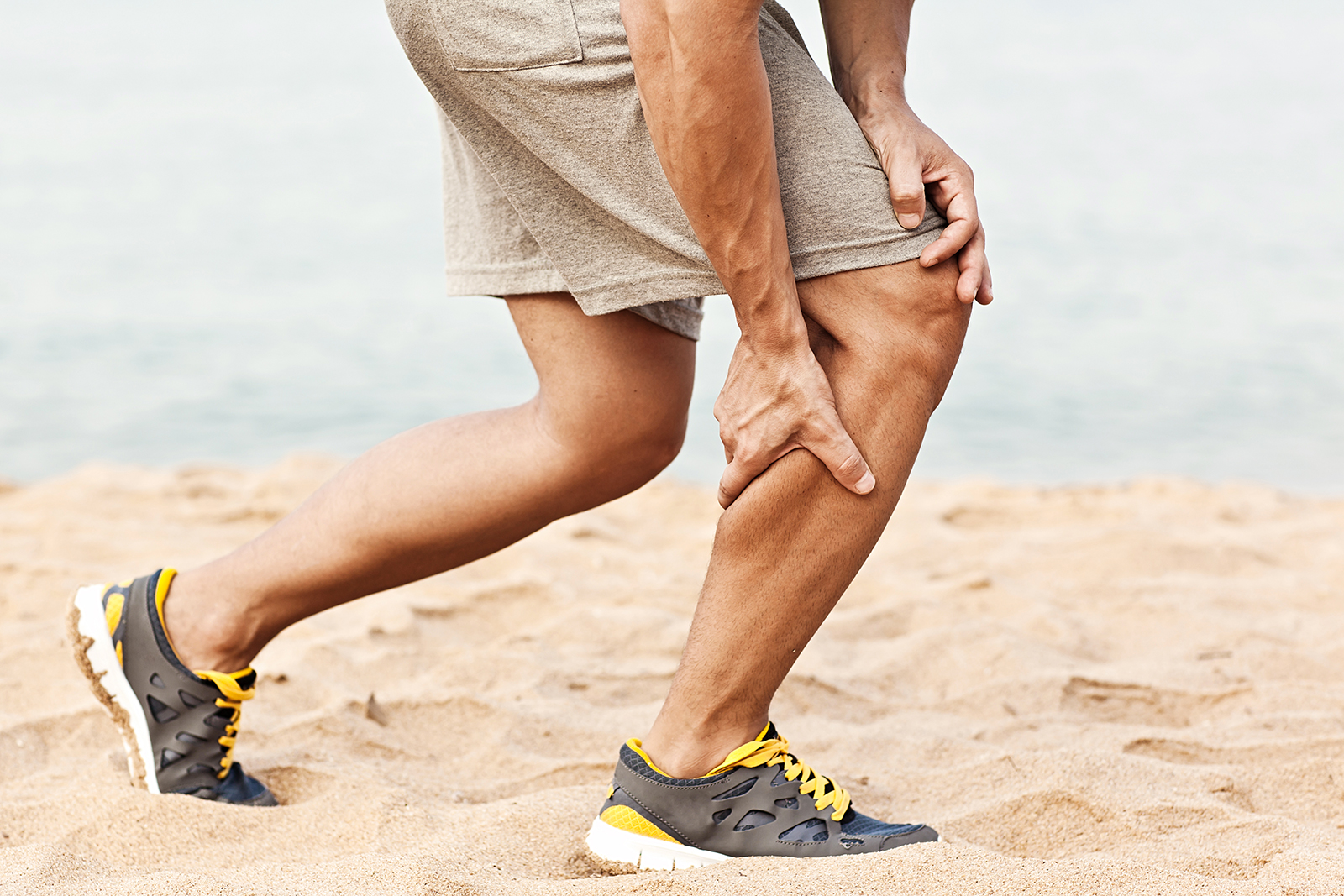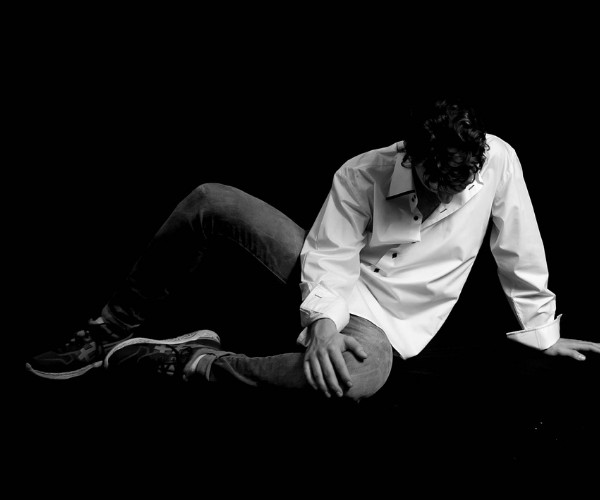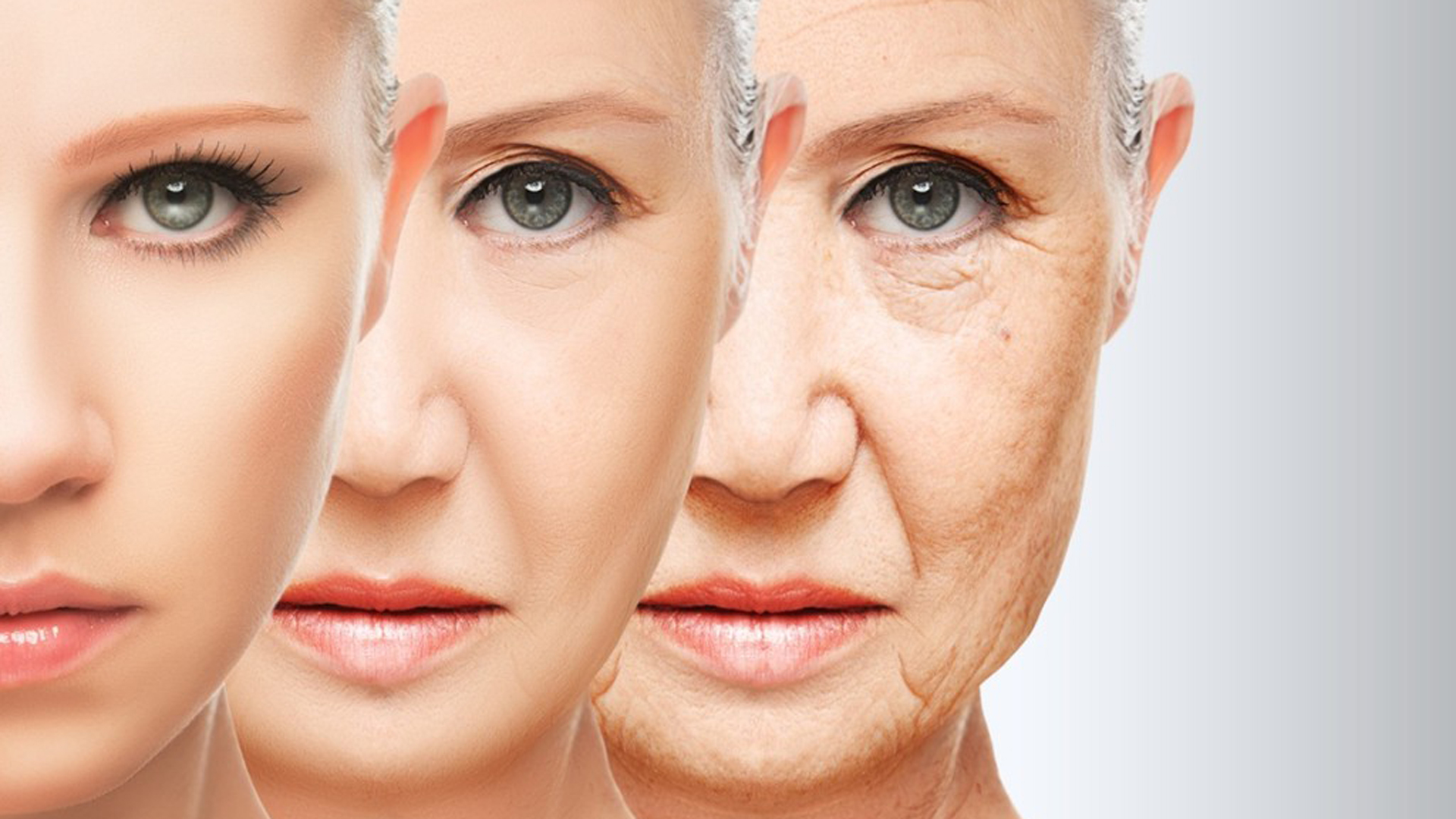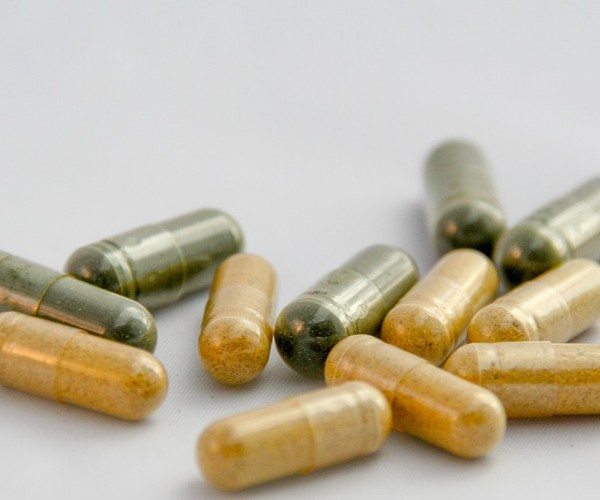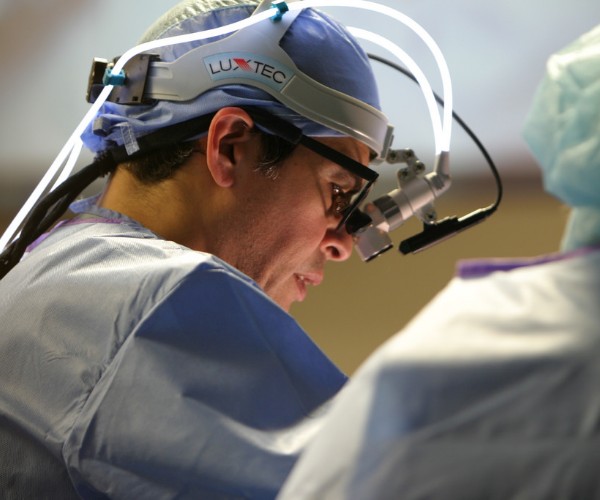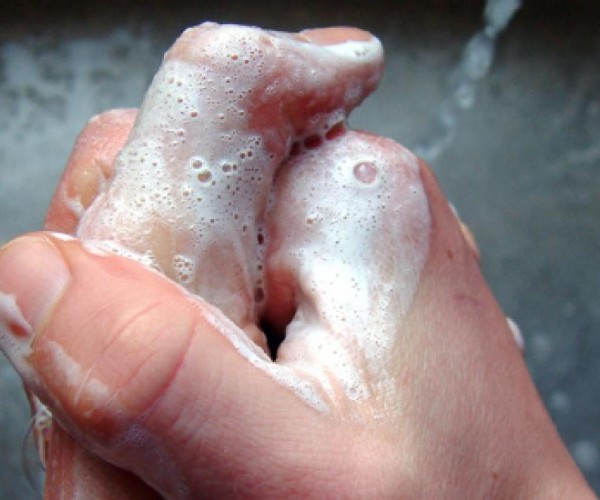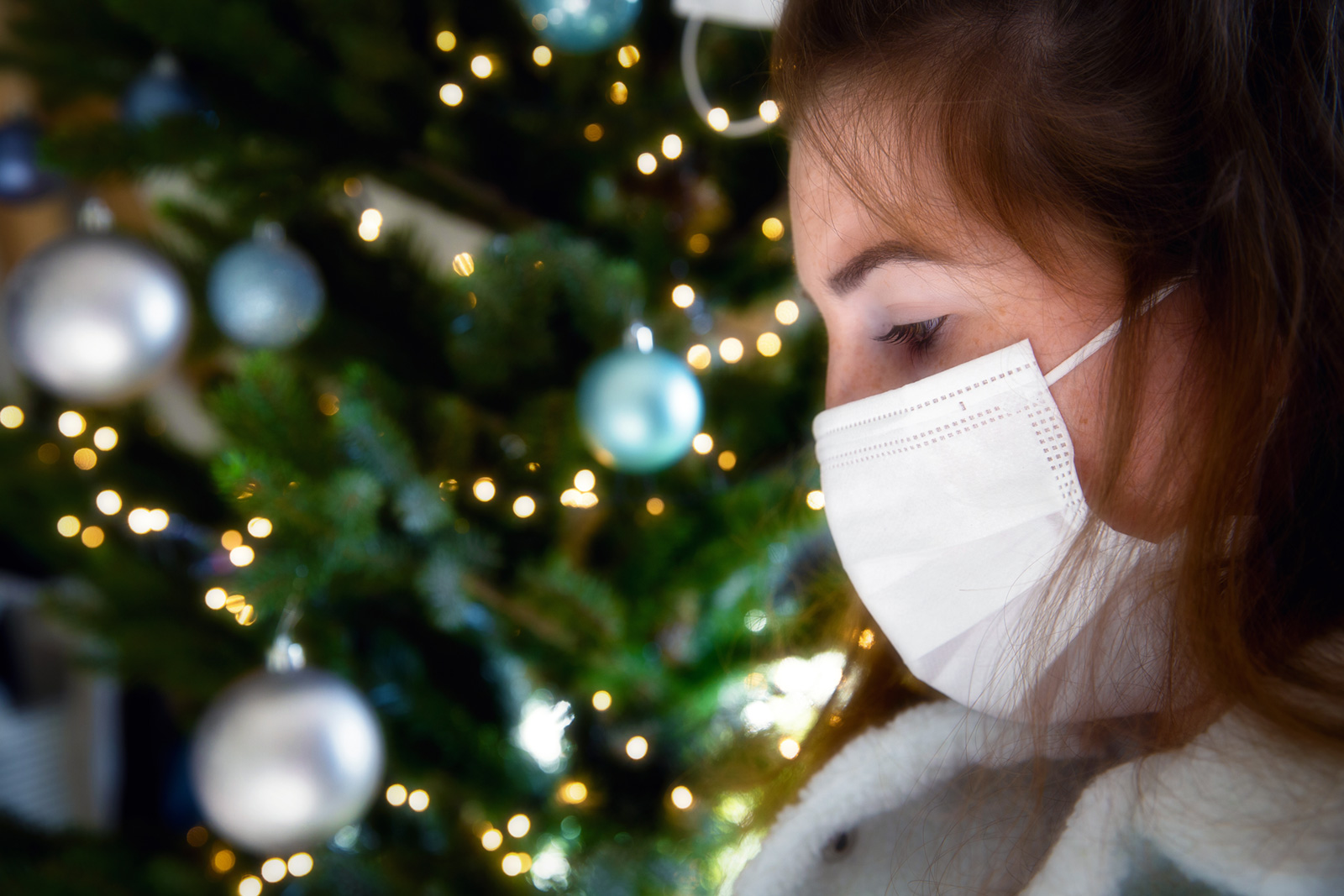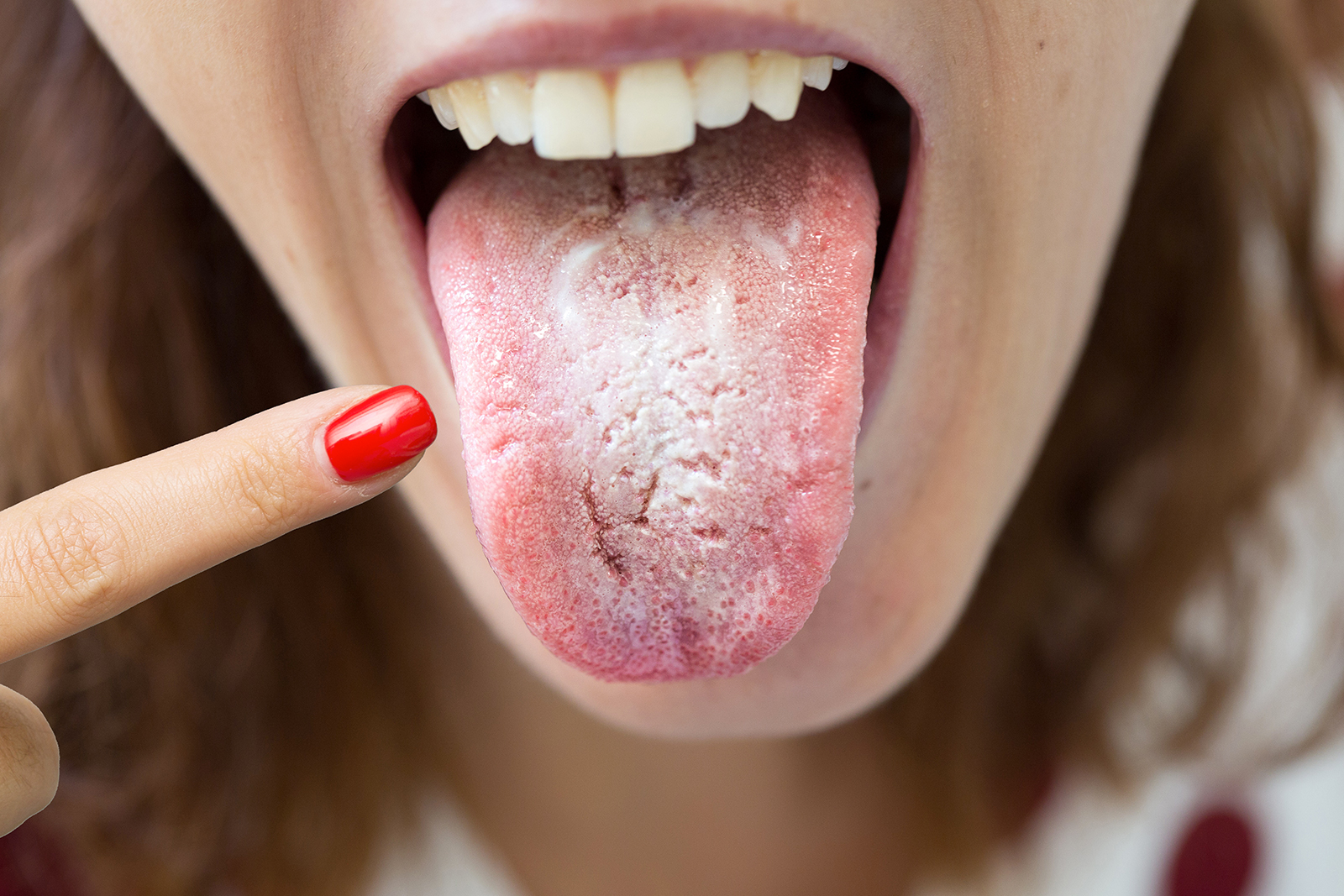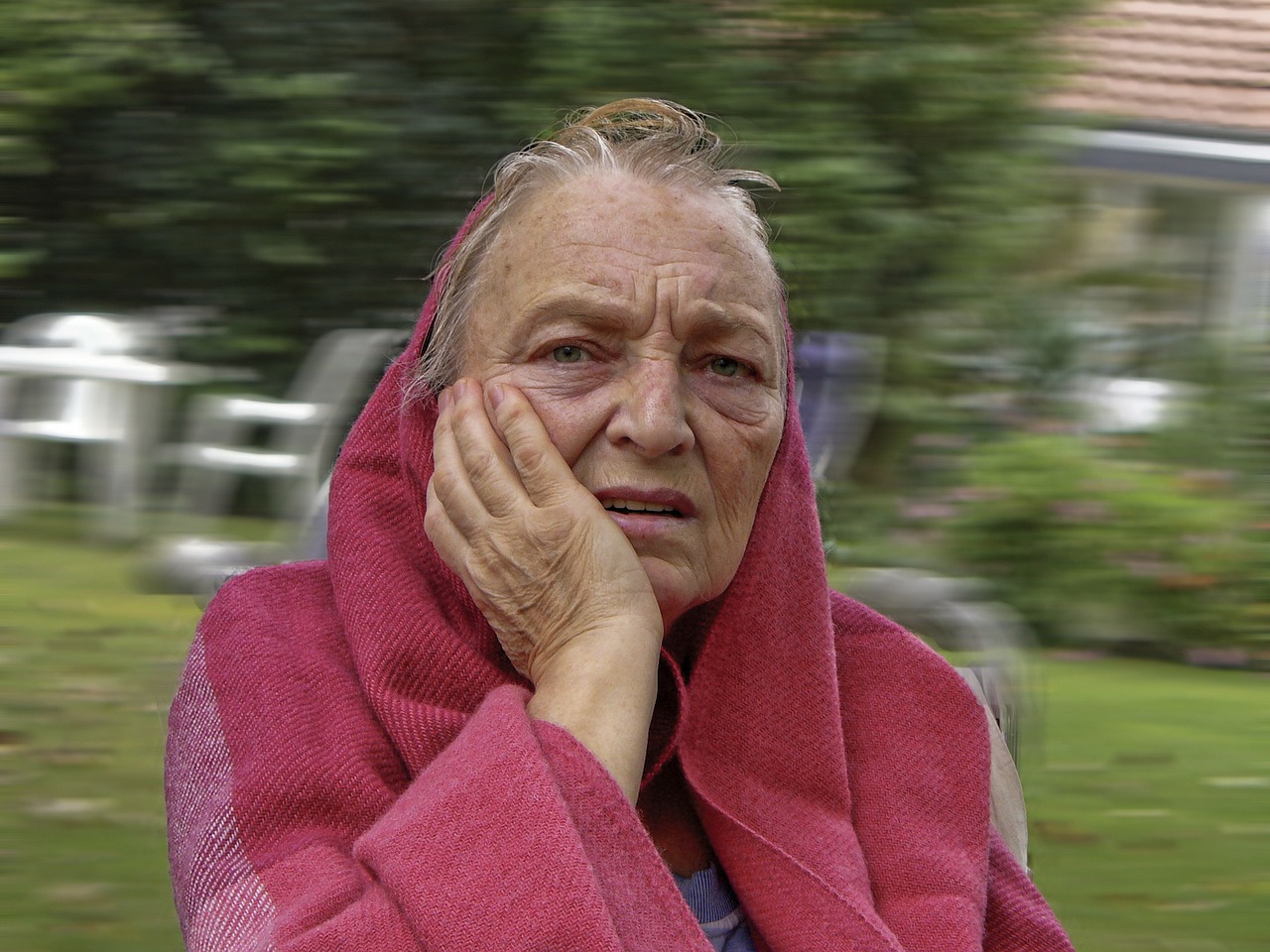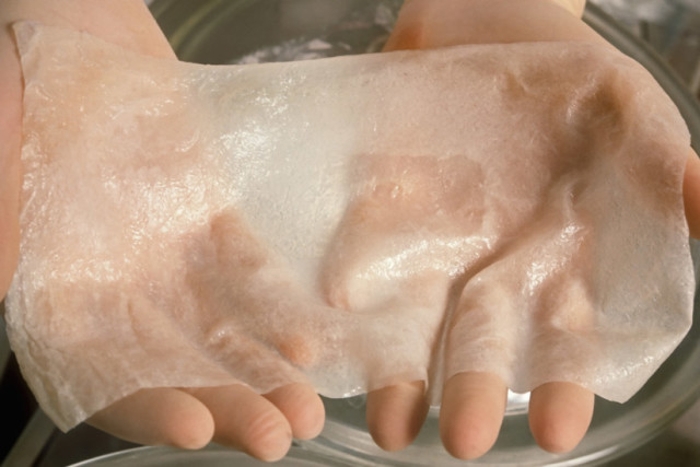The
panic
, either as an occasional attack or as a recurrent disorder, can begin in adolescence or shortly thereafter, affecting women more than men.
There are factors that may prove to be crucial in the development of the disorder tar which:
- A family history of panic attacks or panic disorder.
- Events of particular tension and stress, such as a serious illness or a mournful event of a close loved one.
- A severe traumatic experience of violence suffered in childhood or adolescence, such as a sexual assault or a dangerous accident.
- An emotionally defining event such as a divorce or the birth of a child.
- Abuse of substances such as caffeine or nicotine or drugs.
Complications
When not intervened in time with therapy, panic attacks and panic disorder can alter every aspect in a person’s life, so much so that they are forced to live in a constant state of alertness, completely undermining their quality of life.
But what are the complications that can result from panic attacks?
- The onset of several of types of phobias such as fear of leaving the house, crossing the street or driving a car.
- Increased use of the primary care physician’s office for various ailments and health problems due to the disease or even possible comorbidities.
- For fear of getting sick and being attacked, social occasions and gatherings are cancelled.
- More difficulties in the work environment because the person fearful of “panic” becomes isolated and may be isolated.
- The presence of other psychiatric conditions such as depression, anxiety disorders, and other disorders.
- Worsening economic condition consequence of both higher spending on care and lower work output.
- An increased possibility of increased suicide risk.
- Abuse of alcohol and various substances.
Prevention
Preventing attacks is not an easy thing to do; it is good, as a first rule, to learn about and understand in time the imminent arrival of an attack in order to manage its effects.
However, with a view to prevention, it may be advisable:
- Start disease-specific treatment early in order to avoid rapid worsening of symptoms or the arrival of further relapses.
- Constantly practicing physical activity and exercises that helps keep anxiety away.



